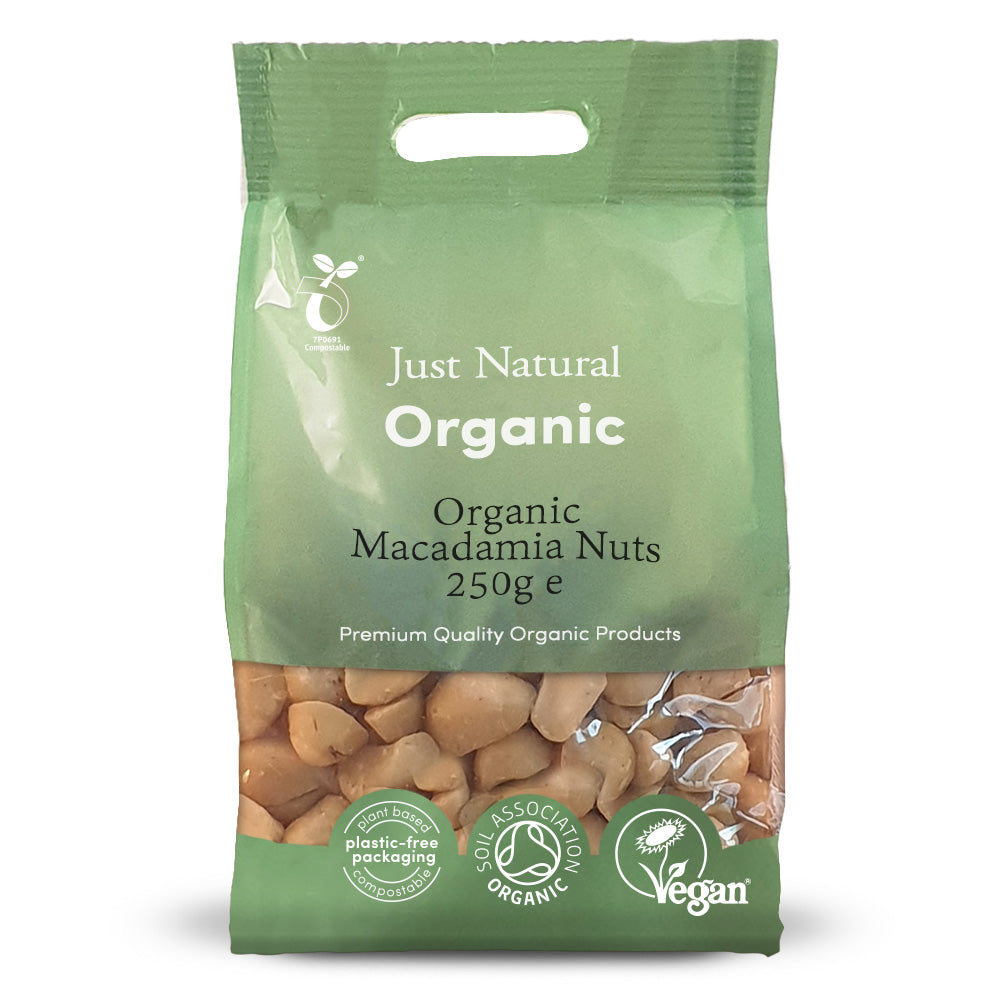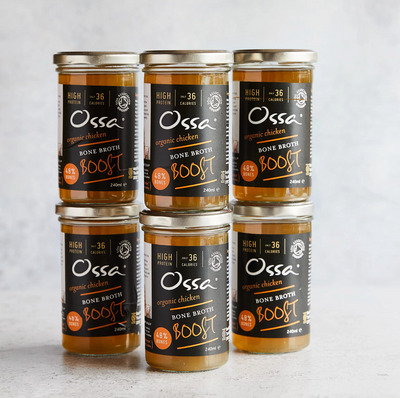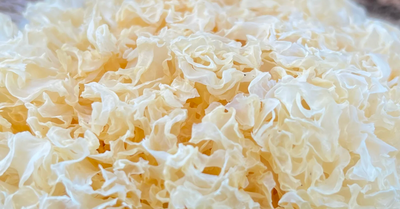The Power of Fibre: Managing Irritable Bowel Syndrome (IBS)
The Power of Fibre: Managing Irritable Bowel Syndrome (IBS)
The Power of Fibre: Managing Irritable Bowel Syndrome (IBS)
Living with irritable bowel syndrome (IBS) can be challenging, but understanding your diet, particularly the role of dietary fibre, can empower you to manage your symptoms more effectively. We will also shed light on a promising product called myota, which may be beneficial for those grappling with IBS.
Unravelling the Mystery of Fibre
Dietary fibre is a crucial component of a healthy diet. It is found in plant-based foods and can't be broken down or absorbed by your body. Instead, it passes relatively intact through your digestive system, contributing to many aspects of digestive health.
Fibre is broadly classified into two types: soluble and insoluble fibre. Soluble fibre dissolves in water to form a gel-like substance, which can slow down digestion, helping you feel fuller for longer. It can also help regulate blood sugar levels and lower cholesterol. Sources of soluble fibre include oats, peas, beans, apples, citrus fruits, and carrots.
Insoluble fibre promotes the movement of material through your digestive system and can help increase stool bulk, benefiting those who struggle with constipation or irregular stools. Whole-wheat flour, wheat bran, nuts, beans, and vegetables like cauliflower, green beans, and potatoes, are excellent sources of insoluble fibre.
Delving into Irritable Bowel Syndrome (IBS)
IBS is a chronic condition affecting the digestive system, specifically the large intestine (colon). Common symptoms include abdominal pain, cramping, bloating, gas, and changes in bowel movements (diarrhoea or constipation, or alternating between the two).
The exact cause of IBS isn't fully understood, but it's thought to result from a combination of factors, including:
- Altered Gut Motility: This refers to changes in the speed at which food moves through the gut. Some people with IBS have slower or faster than normal gut motility, which can cause constipation or diarrhoea, respectively.
- Gut Sensitivity: Some people with IBS have a heightened sensitivity to pain and other sensations in the gut.
- Psychological Factors: Stress and other psychological factors can significantly impact IBS. The gut and brain are highly interconnected, and stress can exacerbate IBS symptoms.
- Gut Microbiota: Emerging research suggests that an imbalance in the gut microbiota (the community of bacteria and other microorganisms living in the gut) may play a role in IBS.
Here are some of the common symptoms of IBS:
- Abdominal pain, cramping or bloating that is typically relieved or partially relieved by passing a bowel movement
- Excess gas
- Diarrhoea or constipation — sometimes alternating bouts of constipation and diarrhoea
- Mucus in the stool
The Role of Fibre in IBS Management
For many years, dietary fibre has been recommended to manage IBS symptoms. Here's how different fibres might impact your IBS:
- Soluble fibre: This type of fibre can help both constipation and diarrhoea. It slows digestion, which can help prevent diarrhoea, and it also absorbs water, which can soften the stool and make it easier to pass.
- Insoluble fibre: This type of fibre can sometimes help with constipation by increasing stool bulk. However, it can also exacerbate symptoms such as bloating and gas, particularly in people with IBS.
- FODMAPs: These are types of carbohydrates that are rapidly fermented in the gut, leading to gas, bloating, and other IBS symptoms. Some types of soluble fibre are high in FODMAPs, and a low-FODMAP diet can sometimes help manage IBS symptoms.
Myota: An Innovative Solution for IBS
One innovative product aiming to address these challenges is myota, especially their Gut Booster. It's designed to provide an additional source of dietary fibre, particularly forms of fibre that are slowly fermented in the gut.
Myota's blend includes ingredients like partially hydrolysed guar gum (PHGG), wheat fibre, oat fibre, guar gum, and cellulose. These sources of dietary fibre have different properties and fermentation rates, which can support the health of the gut microbiota and help ease IBS symptoms.
PHGG, in particular, has been studied for its potential benefits in managing IBS symptoms. It's found to be effective in improving symptoms like abdominal pain and discomfort, making myota a product worth considering for those seeking the best fibre for IBS. A 2019 review found that PHGG can be an effective treatment for IBS, helping to improve symptoms like abdominal pain and discomfort.
Remember, too much fibre and IBS can lead to discomfort, so it's advisable to start with a low dose of myota and gradually increase as tolerated. Always ensure you're consuming adequate fluids as you increase your fibre intake.
myota is a company that puts research first. In fact, they are currently looking for people to take part in their latest study. This study looks at the effects of using myota's Immunity Booster blend on inflammation, the gut microbiome, metabolic health, and mental wellbeing. To participate, you will need to meet the criteria for metabolic syndrome. Learn more about the study here.
Conclusion: Harnessing the Power of Fibre for IBS Management
Managing IBS can be complex, as everyone's symptoms and triggers can be unique. Dietary fibre plays a crucial role in this journey, and understanding the effects of different types of fibre can be empowering.
Remember, as with any dietary changes, it's important to take things slow. Always start with a small dose and gradually increase as tolerated. Always ensure you're consuming adequate fluids as you increase your fibre intake.
And finally, while we've focused a lot on fibre, remember that it's just one piece of the IBS puzzle. Stress management, regular exercise, and adequate sleep are also crucial for managing IBS symptoms. Always consult with a healthcare professional or dietitian for personalised advice.
Armed with this knowledge, you'll be better equipped to make decisions that can improve your gut health and overall wellbeing.
References:
- Canavan, C., West, J., & Card, T. (2014). The epidemiology of irritable bowel syndrome. Clinical Epidemiology, 6, 71.
- National Institute for Health and Care Excellence. (2017). Irritable bowel syndrome in adults: diagnosis and management.
- Anderson, J. W., Baird, P., Davis, R. H., Ferreri, S., Knudtson, M., Koraym, A., ... & Williams, C. L. (2009). Health benefits of dietary fiber. Nutrition Reviews, 67(4), 188-205.
- Staudacher, H. M., Lomer, M. C., Anderson, J. L., Barrett, J. S., Muir, J. G., Irving, P. M., & Whelan, K. (2017). Fermentable carbohydrate restriction reduces luminal bifidobacteria and gastrointestinal symptoms in patients with irritable bowel syndrome. Journal of Nutrition, 147(8), 1528-1536.
- Badiali, D., Corazziari, E. S., Habib, F. I., Bausano, G., Anzini, F., & Torsoli, A. (1995). Effect of wheat bran in treatment of chronic nonorganic constipation. A double-blind controlled trial. Digestive Diseases and Sciences, 40(2), 349-356.
- British Dietetic Association. (2016). Food Fact Sheet - Fibre.
- Yasukawa, Z., Inoue, R., Ozeki, M., Okubo, T., Takagi, T., Honda, A., & Naito, Y. (2019). Effect of Repeated Consumption of Partially Hydrolyzed Guar Gum on Fecal Characteristics and Gut Microbiota: A Randomized, Double-Blind, Placebo-Controlled, and Parallel-Group Clinical Trial. Nutrients, 11(9), 2170.











